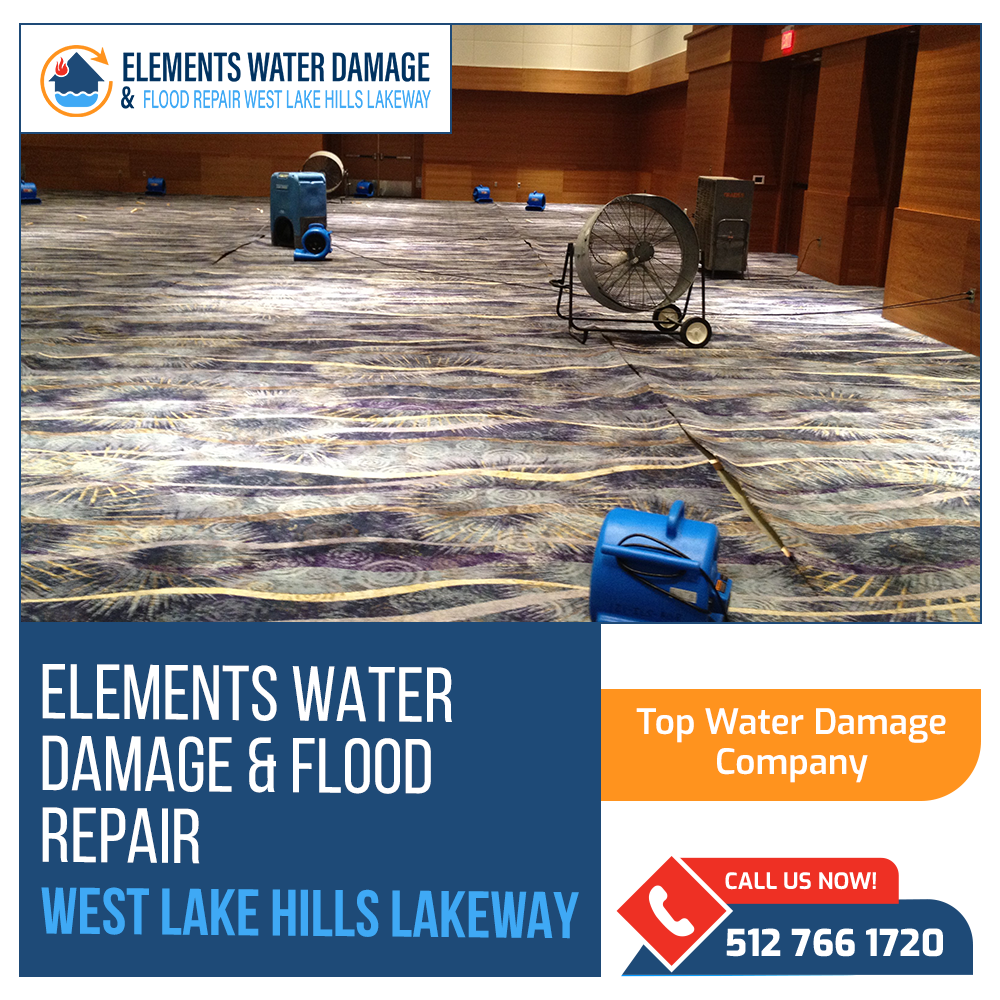 In the serene landscapes of West Lake Hills, the potential threat of flooding looms, making it imperative for homeowners to grasp the nuances of flood insurance coverage. This guide is your compass, offering insights into understanding your West Lake Hills flood insurance and exploring available options to fortify your home against the financial impacts of flooding.
In the serene landscapes of West Lake Hills, the potential threat of flooding looms, making it imperative for homeowners to grasp the nuances of flood insurance coverage. This guide is your compass, offering insights into understanding your West Lake Hills flood insurance and exploring available options to fortify your home against the financial impacts of flooding.
I. The Importance of Flood Insurance:
A. Assessing Flood Risk:
West Lake Hills, with its unique topography, may be susceptible to flooding. Understanding the flood risk specific to your property is the first step in recognizing the importance of securing comprehensive flood insurance coverage.
B. Protecting Your Investment:
Your home is not just a dwelling; it’s an investment. Flood insurance serves as a financial shield, ensuring that the value of your West Lake Hills property is protected in the event of unforeseen flooding, minimizing the financial burden on homeowners.
 II. Understanding Flood Insurance Coverage:
II. Understanding Flood Insurance Coverage:
A. National Flood Insurance Program (NFIP):
The National Flood Insurance Program (NFIP) is a key player in providing flood insurance coverage. Understanding the basics of NFIP policies, including coverage limits and exclusions, is crucial for West Lake Hills homeowners seeking comprehensive protection.
B. Structural and Content Coverage:
Delve into the specifics of your flood insurance policy to comprehend the distinction between structural and content coverage. Structural coverage protects the physical structure of your West Lake Hills home, while content coverage safeguards personal belongings within.
III. Evaluating Additional Coverage Options:
A. Excess Flood Insurance:
In high-value properties or areas prone to severe flooding, consider exploring excess flood insurance. This supplementary coverage extends beyond the limits of standard policies, offering an added layer of financial protection for your West Lake Hills residence.
B. Private Flood Insurance:
Explore private flood insurance options that may provide tailored coverage to meet the unique needs of your West Lake Hills property. Private insurers can offer flexibility in terms of coverage limits, deductibles, and additional protections not available through NFIP policies.
IV. Mitigating Risk for Lower Premiums:
A. Elevation and Flood Mitigation Measures:
Taking proactive steps to mitigate flood risk can influence insurance premiums. Consider elevating your home’s foundation or implementing flood mitigation measures to potentially lower insurance costs for your West Lake Hills property.
B. Community Rating System (CRS) Benefits:
West Lake Hills homeowners can explore participation in the Community Rating System (CRS), a FEMA program that rewards communities for implementing floodplain management practices. By engaging in CRS, you may be eligible for reduced flood insurance premiums.
V. Consulting with Insurance Experts:
A. Professional Guidance:
Navigating the intricacies of flood insurance can be challenging. Seek professional guidance from insurance experts who specialize in flood coverage. Their expertise can help you make informed decisions regarding the best options for your West Lake Hills home.
B. Periodic Policy Review:
Regularly review your flood insurance policy to ensure it aligns with the evolving needs of your West Lake Hills property. Changes in property value, additions, or alterations may warrant adjustments to your coverage for optimal protection.
Conclusion:
Understanding your West Lake Hills flood insurance coverage and exploring available options is pivotal in safeguarding your home against the financial implications of flooding. Whether through NFIP, excess coverage, or private insurance, taking a proactive stance ensures that your investment remains secure, allowing you to weather the storms with confidence.
